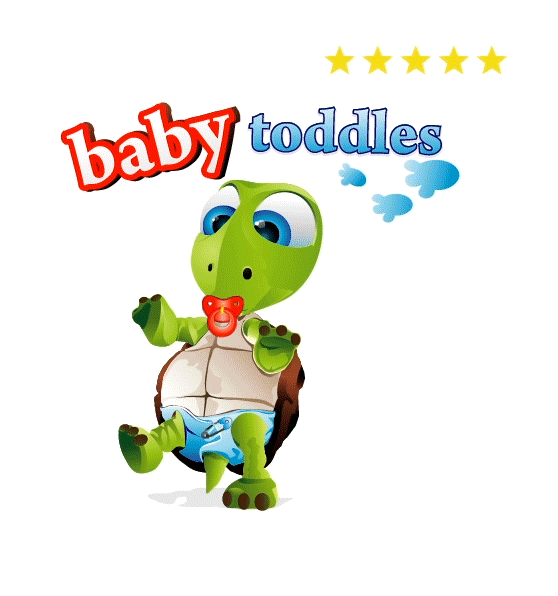Blog
Fever in Babies 101
When fever strikes our kids, we all feel the heat! There is nothing more worrisome than a little baby with a fever.
So what do you do?
Fever in babies is best dealt with in a stepwise fashion.
First, ask the question: Is it really fever?
Fever by mere touch isn’t always reliable. You got to have a thermometer. And exactly how you measure the temperature matters. Babies under a year old need to have their temperature measured rectally. This is the prefered route because rectal temperature is more accurate. If the rectal temperature is 100.4 degrees Fahrenheit or higher (38 degrees Celsius or higher), then your baby has fever.
Second, ask the question: Should you treat the fever?
It depends on what age your child is. Age is crucial here. If your baby is less than 90 days old, call your medical provider without delay prior to doing other things. In case you can’t get hold of your medical provider promptly, you need to bring your baby to the nearest E.R.. It is because young infants having a documented fever have a higher chance of having serious bacterial infection. Therefore, fever in the very young typically requires laboratory work up in an emergency setting. So don’t be surprised if the doctor sends you to the emergency department because your two-month old has fever.
If your baby is older than 3 months, then you can provide a dose of fever reducer and carefully watch. In the event the fever doesn’t abate, then call your doc for advise.
Third, a few do’s:
- Measure the temperature no less than 3 times to make certain that the first one was not just a fluke. That way, you would avoid administering unnecessary medications.
- Look for other symptoms. Your doc will normally ask you if the baby has any cough or cold symptoms, vomiting, runny stools, skin eruptions, etc.
- Ensure that your baby is drinking and well hydrated.
- Make sure that your fever medicine is not expired!
Fourth, a few don’ts:
- Do not give any fever reducers to any infant below 90 days old without first talking to your medical provider. Doing this may hide an underlying serious infection and therefore delay the diagnosis.
- Do not give ibuprofen to babies less than 6 months of age.
- Do not dip your baby in cold water to get the temperature down. A lukewarm sponge bath is a safer alternative.
- Do not give a lot more than the quantity of fever reducer needed. If you are not certain of the dose, your doctor is simply a phone call away.
- Do not attribute fever in infants to teething.
- Do not overbundle your child with several layers of clothing.
- Do not continue giving a fever reducer to your baby (older than 90 days). If there is no appreciable improvement after the second dose, then it’s time to call your doctor for advise.

